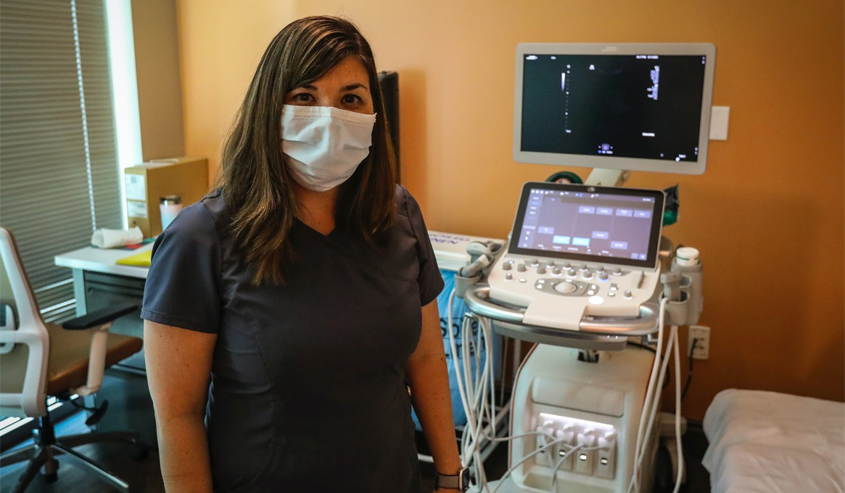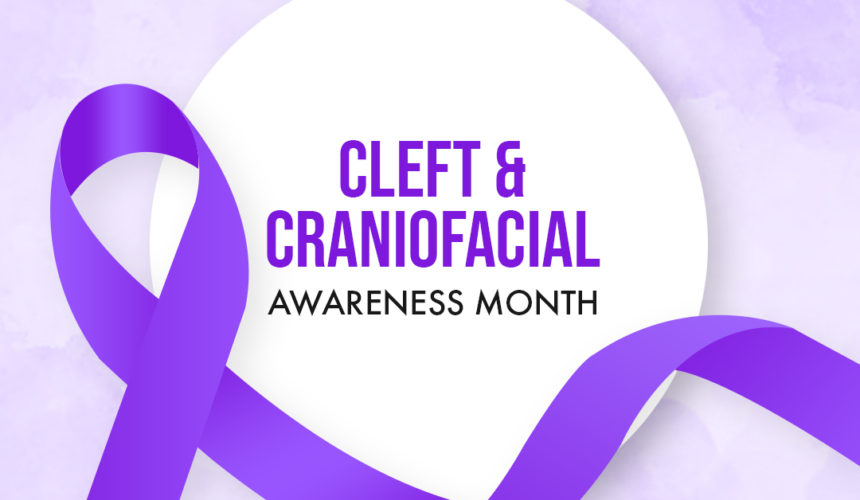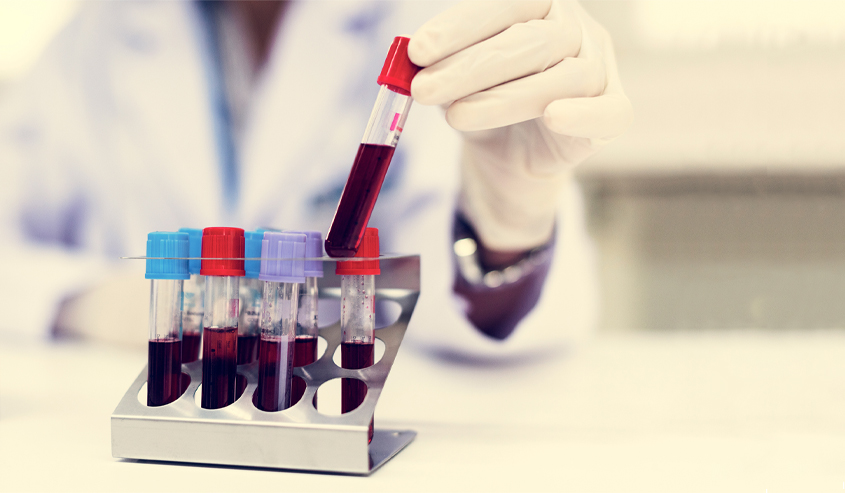During September, we bring awareness to blood cancer, what it is and how it can be detected and combatted. How Prevalent is Blood Cancer? Today, we know that blood cancers account for nearly 10% of all new cancer cases in the United States. More than 1.2 million people are either living with or are in remission from blood cancers today. Types of Blood Cancer There are three types of blood cancers: Leukemia is a cancer that begins in the blood and bone marrow. There are multiple classifications and types of leukemia. Lymphoma is further broken down in Hodgkin and non-Hodgkin...

National Cholesterol Month: What Are Your Numbers Saying About Your Risk for Disease?
September is National Cholesterol Education Awareness Month. And while most of us have heard of cholesterol and have some vague notion that it is bad, some of us have little understanding of what it is, how it works and that cholesterol isn’t necessarily all bad. What is Cholesterol? Cholesterol is a fat-like substance that is found in every cell of the body. In fact, your body NEEDS some amount of cholesterol in order to make important hormones, to digest foods and to make Vitamin D. But having too much cholesterol — and the wrong type — can put us at...

Professional Ultrasounds Ensure the Health and Safety of Your Baby
So is it a sonogram or an ultrasound? Often used interchangeably, one is the process, and the other is the product. An ultrasound is the procedure that uses sound waves to create images of the baby and uterus during pregnancy. The sonogram is the actual image that is created by the ultrasound. Many of us are familiar with ultrasounds as they apply to pregnancy. They allow a physician to monitor both baby in utero and mother to ensure that all is well during gestation. As an important prenatal test, it utilizes sound waves to create an image of the baby...

What is Psoriatic Arthritis and How is it Diagnosed?
Psoriatic arthritis, otherwise known as PsA, is an inflammatory disease that affects joints and the connective tissues of tendons and ligaments. Although PsA affects nearly 30% of people with psoriasis today, it can also affect some who don’t even have psoriasis. Some people develop it after an injury. Psoriatic arthritis can cause pain, swelling and fatigue in those who suffer from it. Early Diagnosis Early diagnosis and treatment are important. Without treatment, many sufferers can go on to experience permanent joint damage that can affect long-term function and overall quality of life. PsA can develop slowly or quickly depending on...

What Are Fungal Diseases and How Are They Treated?
There are millions of types of fungi living in the environment, and they live on surfaces everywhere. Today, fungal diseases are very common and can affect anyone. Fortunately, there are a limited amount of fungi that can cause sickness in people. These can take the form in: Allergies Asthma Skin or nail infections and rashes Lung infections Infections in the bloodstream Meningitis Some fungi move through the air as spores that you may inhale. Others can merely land on a surface or your body. Consequently, fungal infections often begin on the skin or may even begin in the lungs. When...

The Essential Benefits of Breastfeeding for Both Baby and Mother
Over the years, we’ve seen trends come and go with regards to breastfeeding. Changing Popularity of Formula Feeding Vs. Breastfeeding Over the Years In the 1950s, commercial baby formula became available. Like all things new and convenient for the average mother during that time and propelled by strong marketing campaigns and women joining the workforce, formula was embraced as the new way to feed infants which eventually pushed breastfeeding out of favor. But the 1980s brought new information to light about the benefits of a mother’s natural milk and during subsequent years, there have been many fluctuations in the popularity...

What is Viral Hepatitis and How is it Diagnosed?
Hepatitis is an inflammation of the liver and can have many causes, the most common being viruses with the labels A, B and C. Chronic viral hepatitis can lead to lifelong liver disease, cancer and cirrhosis. Hepatitis A virus can be easily spread through food and water contamination and can infect groups of people who come into contact with it. It usually causes short-term symptoms that will most often get better on its own but it can be more serious with aged populations. Hepatitis B, however, can create both short-term illness and chronic illness. It is spread through bodily fluids...

What You Need to Know About Cleft and Craniofacial Awareness and Prevention
A cleft lip or palate are openings that remain in the upper lip or roof of the mouth while a baby is developing inside the mother. Some are isolated birth defects whereas some can be associated with genetics, syndromes or environmental factors. What Are Cleft Lips and Palates? Cleft lip — a cleft lip is where there is a gap on one or both sides of the baby’s lip. Often children with a cleft lip will also have a gap in the upper gum. Cleft palate — a cleft palate is a gap in the roof of the mouth that...

What You Should Know About Harmful UV Rays and Getting Adequate Protection From Them
Here in South Florida, we know about the sun. Most of us have had the unfortunate experience of suffering from too much after a day out in our tropical weather climate. But not all UV exposure comes from the sun (think: tanning beds). Most of us understand that too much UV exposure is not healthy and puts us at risk of skin cancer. We understand the necessity of applying adequate sunscreen and keeping our skin protected during certain times of the day. But there are many factors that come into play when it comes to UV rays and how we...

What You Should Know About Keeping Your Eyes Safe From Injuries
There are almost a million eye injuries that occur in the United States each year. With nearly half of these occurring in the home, it is estimated that 90% of them are entirely preventable. Eyesight Facts: Accidental eye injuries are one of the leading causes of visual impairment in the United States. Despite most people thinking that eye injuries are most common on the job, the majority occur at home. Cleaning, cooking, yard work and home repairs account for more than 40% of eye injuries. Another 40% of eye injuries are related to sports and recreational activities. Eyesight can be...

